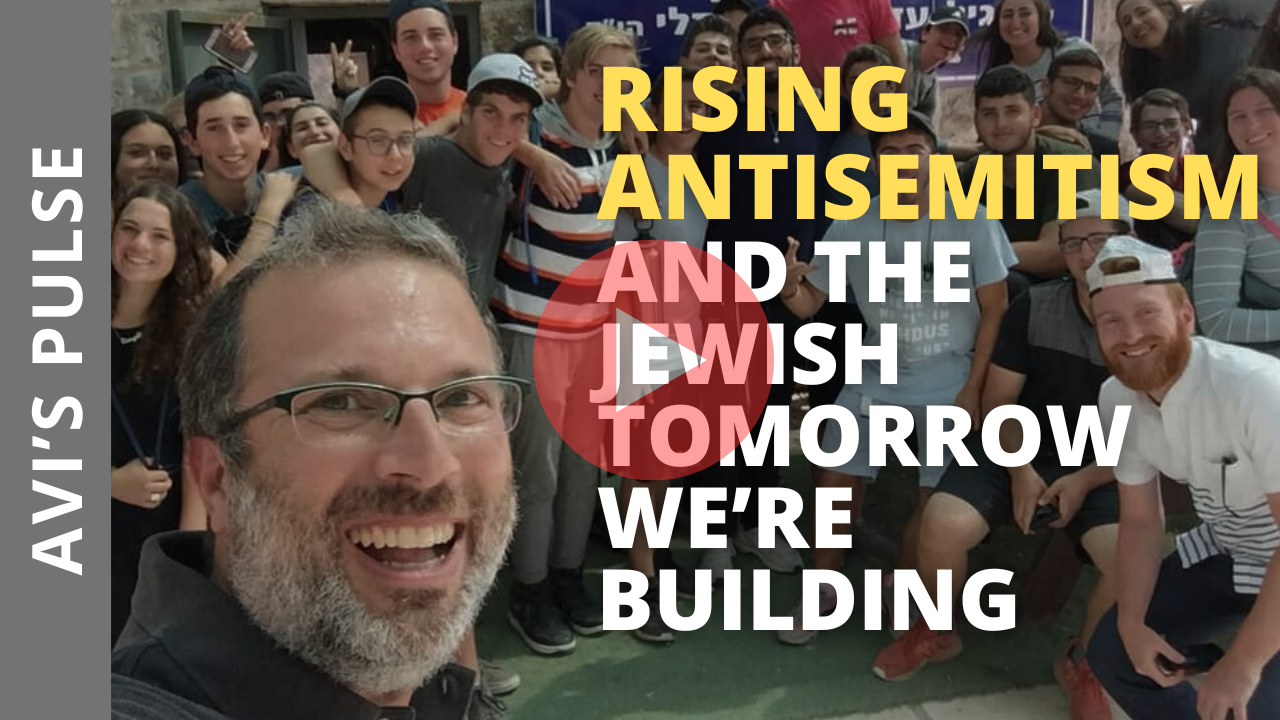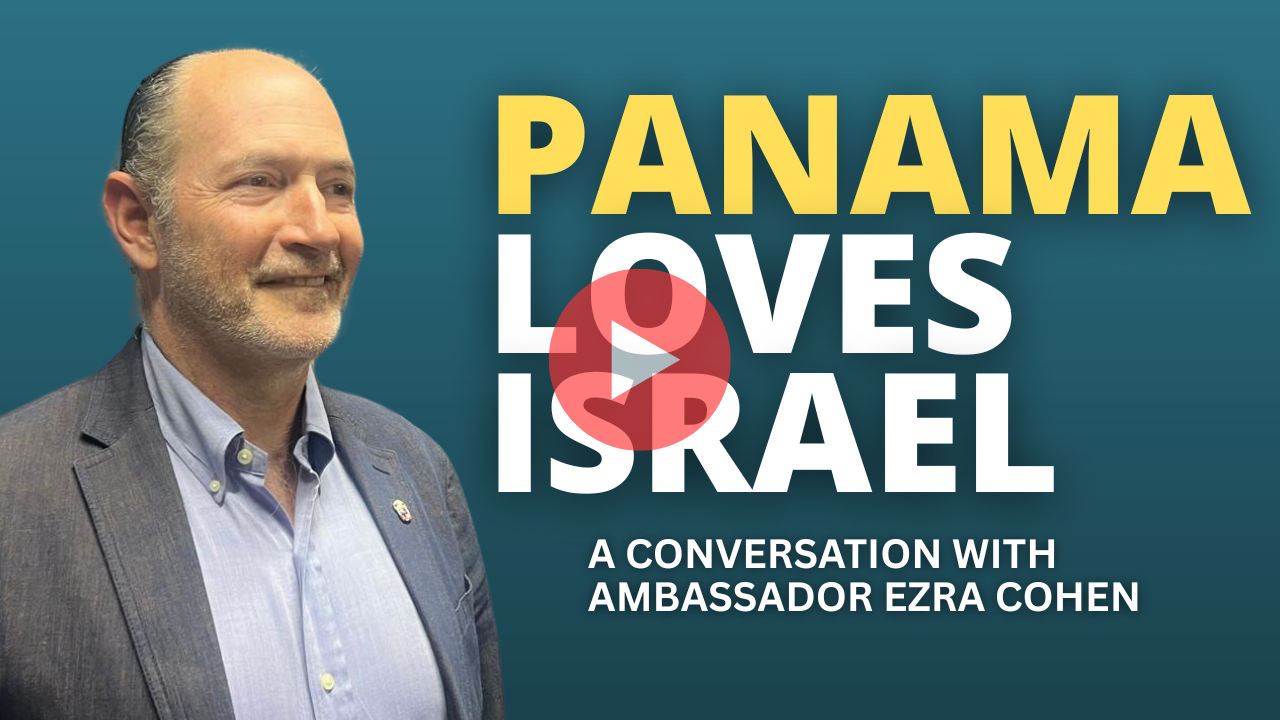Jerusalem and Washington have a chance to shape the regional landscape in a way that advances our shared security and strategic interests.
(July 6, 2025 / JNS)
Israel’s Prime Minister Benjamin Netanyahu is on his way to Washington, D.C., to meet with U.S. President Donald Trump. Once upon a time, heads of state spoke privately out of the way of the press. Trump’s public lashing of Ukraine’s President Volodymyr Zelensky has changed the face of such meetings.
Yet some things have to be said in public. And if I were Netanyahu, here’s what I would say.
Mr. President,
Thank you for joining with Israel in lessening the Iranian march to nuclear armaments. Because of our mutual actions, the Middle East stands at a pivotal juncture. The fall of Syrian dictator Bashar Assad and the rise of a new government in Syria have created both fresh risks and significant opportunities. Meanwhile, Iran, despite the setbacks of the recent 12-day war, continues its quest for regional hegemony, Turkey is aggressively extending its reach, and Saudi Arabia, along with other Gulf partners, are positioning themselves against Iran’s arc of influence.
Israel and the United States have an extraordinary chance to shape this new regional landscape in a way that advances our shared security and strategic interests.

Here are the priorities that our two nations can work on:
In Syria, the collapse of the Assad regime has ended decades of brutality but left a fragile state vulnerable to external manipulation. The current Syrian leadership under interim president Ahmed al-Sharaa appears more pragmatic and may be open to realignment, even cautiously warming to Israel and moderate Arab states. Nevertheless, Iran and Hezbollah still maintain military networks and proxy forces in parts of Syria. They will not withdraw voluntarily.
Our nations must maintain close coordination to ensure that Iranian forces and Hezbollah militias are removed or heavily contained. If Syria hasn’t already severed ties with Iranian military structures, then any reconstruction aid or diplomatic normalization should be conditioned on Syria severing those ties.
Hezbollah, although weakened, remains a major threat from Lebanon, and is still embedded in many civilian areas and the government. I urge the United States to maintain strict conditions on any aid to Lebanon, requiring concrete action to limit Hezbollah’s missile stockpiles and political stranglehold. The weakened axis between Lebanon and Syria presents opportunities to strengthen Lebanon’s legitimate institutions, if carefully managed.
Under President Recep Tayyip Erdoğan, Turkey is pursuing neo-Ottoman ambitions, projecting military power into northern Syria and beyond. It’s not a good NATO partner; its acquisition of Russian S-400 missile-defense systems undermines NATO security. Israel supports continued American efforts to pressure Ankara to clarify its strategic orientation, encouraging it to re-anchor firmly in the Western camp and curb its adventurism in Syria and the Mediterranean.
Saudi Arabia and the Gulf states can now breathe a bit easier as the same threat from Iran that we faced has been lessened. The 2020 Abraham Accords demonstrated the potential for a historic regional realignment. Israel urges the United States to continue bolstering Gulf defenses and encouraging additional normalization steps that expand the circle of peace.
Mr. President,
Now is not the time for Washington to say: “Job done,” pack up and go home. A premature or unchecked American disengagement from the Mideast would invite Iranian resurgence, Russian exploitation and unchecked Turkish maneuvering.
Israel does not and will never ask for U.S. troops to fight our battles. What we do seek is:
- Continued robust diplomatic backing.
- Intelligence and technological cooperation.
- Coordinated efforts to prevent Iran and Hezbollah from entrenching further in Yemen, Syria and Lebanon.
- And a clear joint message to all regional actors that the United States and Israel stand united.
By working in lockstep, we can safeguard our common interests, encourage Syria’s rehabilitation under more moderate leadership, contain Turkish overreach, strengthen moderate Arab partners, and ultimately, secure a safer Middle East for generations.
Mr. President,
History has shown time and again that when Israel and the United States stand united, our adversaries hesitate, and peace has a fighting chance. But when cracks appear, the forces of terror and tyranny rush to exploit them. Let us stand together—unmistakably and unbreakably—so that every friend and foe alike understands: Israel and America move as one.

 Whatsapp
Whatsapp




